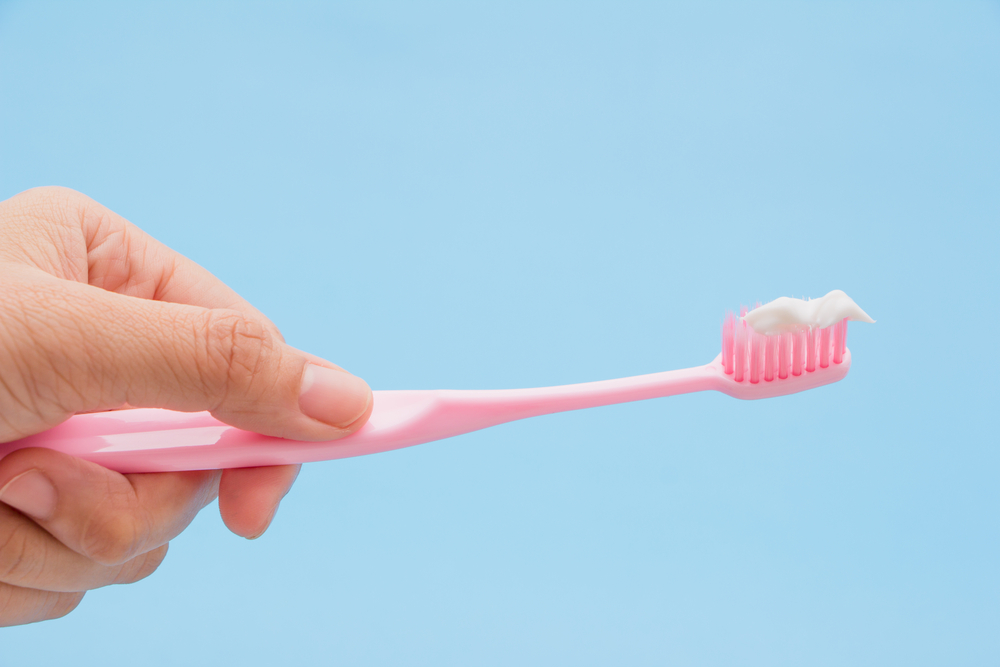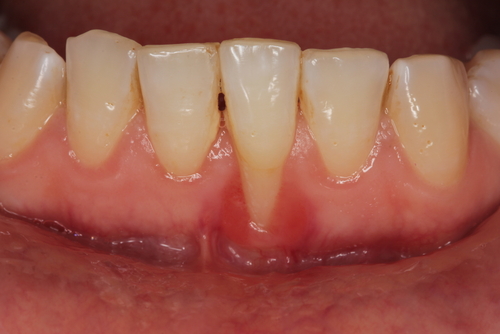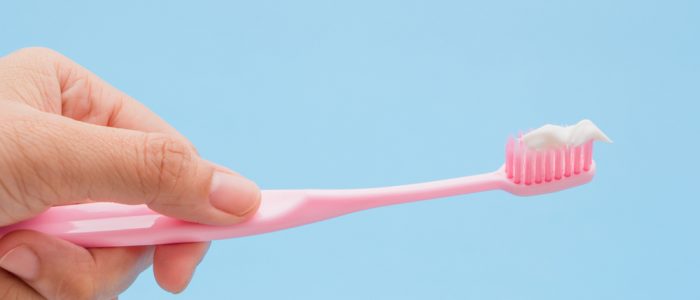Can Gum Recession be Reversed?

Gum recession occurs when the gum tissue surrounding and protecting our teeth wears away, exposing more of the tooth’s surface or root. This condition can lead to heightened sensitivity, increased risk of tooth decay, and compromised aesthetics.
Often, people with gum recession look for ways to reverse this process. Northside Dental in Springfield, MO, explains the causes of gum recession, the available treatments, and whether it’s truly possible to turn back receding gums.
Gum Recession: Causes and Consequences
Gum recession can be attributed to factors including lifestyle habits and genetic predisposition

Some common causes include:
- Aggressive brushing: Overbrushing or using a toothbrush with hard bristles can contribute to gum irritation and recession. Brushing too vigorously wears away the gum tissue.
- Poor oral hygiene: Infrequent brushing and flossing allow plaque and bacteria to accumulate along the gumline, leading to inflammation and recession.
- Gum disease (gingivitis and periodontitis): The leading cause of gum recession, gum disease causes the supporting tissues of the teeth to break down, resulting in receding gums and potential tooth loss.
Related Post: 6 Tips for Healthy Gums and Preventing Gum Disease
- Genetics: Some individuals are more genetically prone to developing gum recession due to thinner or weaker gum tissue.
- Hormonal changes: Hormonal shifts, such as those during pregnancy, puberty, or menopause, can make gums more susceptible to recession.
- Tobacco use: Smoking or using other tobacco products can interfere with gum tissue health, impeding its ability to heal and regenerate.
- Grinding or clenching: Habitual teeth grinding or clenching (bruxism) places excessive force on the teeth and gums, leading to recession over time.
Treatment for Gum Recession
While true “reversal” of gum recession may not always be possible, several treatment options aim to address the underlying causes and improve gum health:
- Improving oral hygiene: Practicing consistent and effective oral hygiene, including gentle brushing, regular flossing, and using an antimicrobial mouthwash, can prevent further gum recession and enhance overall oral health.
- Scaling and root planing: This deep cleaning procedure performed by a dental professional removes plaque and tartar from beneath the gum line, allowing the gums to reattach to the teeth.
- Gum grafting: Gum graft surgery may be recommended in cases of advanced gum recession. During this procedure, tissue is taken from the roof of the mouth or another source and transplanted to cover exposed tooth roots.
- Lifestyle changes: Eliminating tobacco use, addressing teeth grinding, and managing conditions like diabetes can contribute to healthier gum tissue.
- Professional cleaning and maintenance: Regular dental check-ups and professional cleanings are crucial for monitoring gum health and promptly addressing concerns.
While it’s important to be proactive about treating gum recession, complete “reversal” may not always be achievable, especially in cases where the underlying damage to the gum tissue and supporting structures is extensive.
Related Post: Gum Health FAQs
However, you can help stabilize the condition, prevent further recession, and enhance the overall health of your gums.
The key lies in early detection and intervention. Regular dental check-ups allow your dentist to identify signs of gum recession and provide appropriate guidance and treatment. If you notice symptoms like increased tooth sensitivity, exposed tooth roots, or changes in the appearance of your gums, don’t hesitate to seek professional advice.
Prevent Gum Recession
Preventing gum recession is often more effective than trying to reverse it. Adopting a proactive approach to oral health can go a long way in safeguarding your gums:
- Gentle brushing: Use a soft-bristle toothbrush and a gentle technique to avoid irritating and damaging the gum tissue.
- Floss regularly: Cleaning between your teeth helps remove plaque and debris that can contribute to gum disease.
- Maintain a balanced diet: A diet rich in nutrients like vitamin C can support gum health. Avoid sugary snacks and beverages that promote tooth decay and gum inflammation.
- Stay hydrated: Drinking plenty of water promotes saliva production, which helps maintain oral health.
Related Post: Can My Toothbrush Spread Germs?
Schedule Regular Preventative Care
While it may not always be possible to completely reverse gum recession, taking steps to prevent it and addressing the underlying causes make a significant difference in maintaining oral health.
Schedule a cleaning or checkup, or get in touch with our team at (417) 862-2468.

